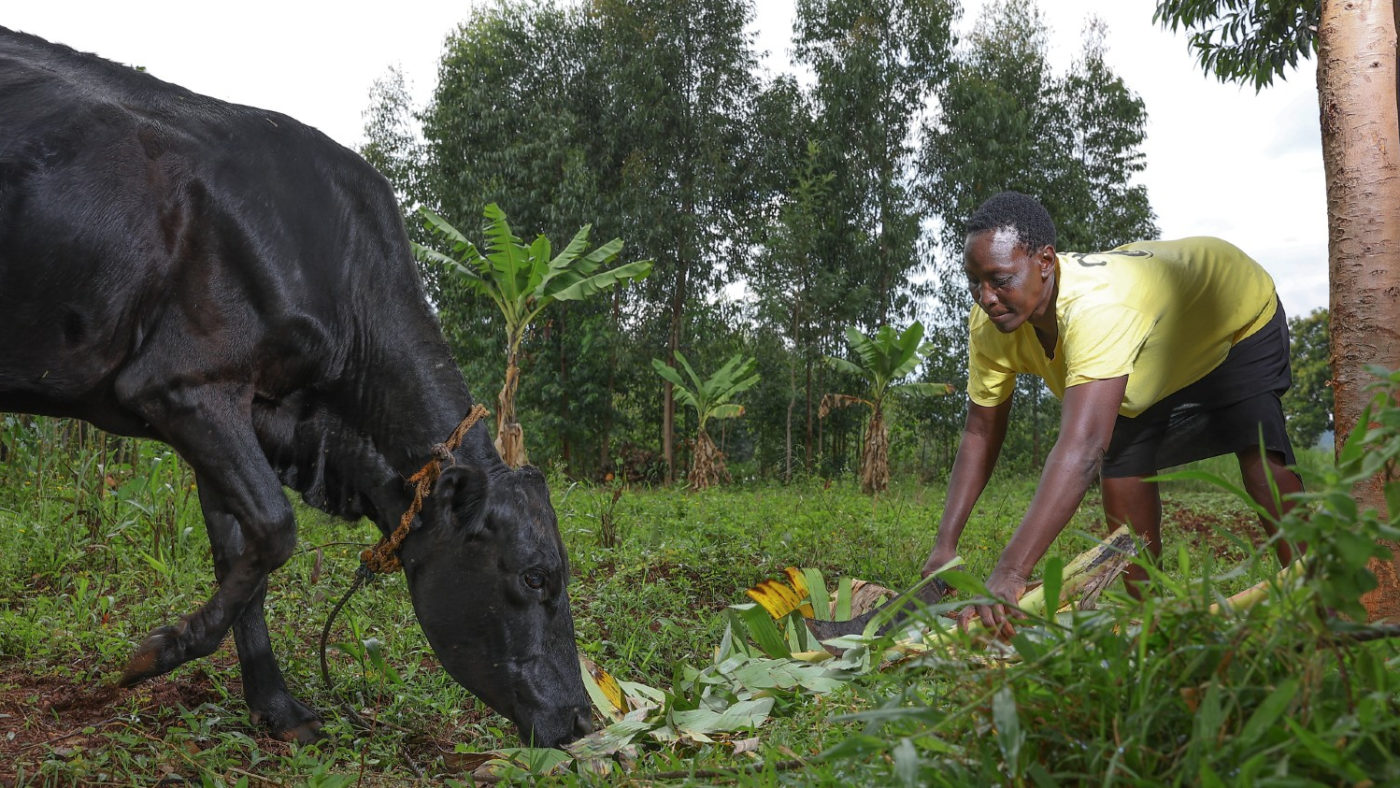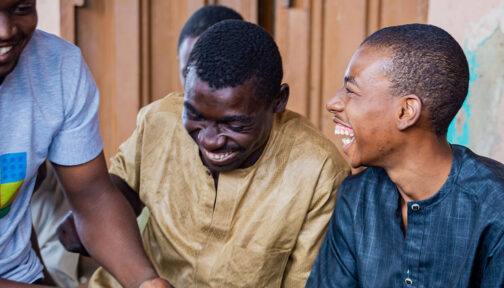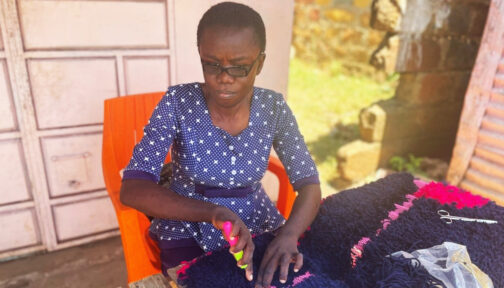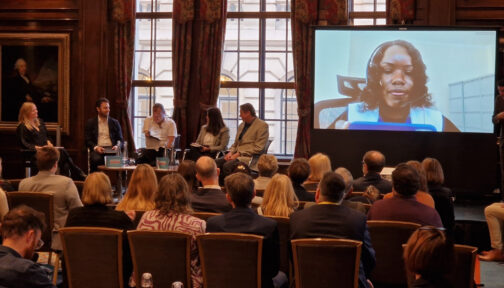
Research shows that around the world, women are more likely to work in low-wage, insecure jobs, and are more likely to work in the informal sector than men.
Meanwhile, women with disabilities are more likely to be unemployed, live in food-insecure households and have lower levels of education than men with disabilities.
Under the Global Labor Program – Inclusive Futures, partner KEFEADO is working to ensure gender and social inclusion are embedded throughout the programme. In particular, they are working to improve the consortium’s understanding of how issues around gender and disability intersect to limit the participation of women and women with disabilities in the supply and distribution chains of large agricultural and retail businesses in Kenya.
Essy Otieno Olang, project officer at KEFEADO, explains what they have done and what they have learned so far.
KEFEADO
Kenya Female Advisory Organization (KEFEADO) promotes women’s rights and aims to eradicate gender disparities in education, health and work.
About KEFEADOA key focus of our work during the first year of the Global Labor Program – Inclusive Futures was to carry out a Gender Equality and Social Inclusion (GESI) analysis.
We began by looking at several social aspects in the two value chains to understand the particular needs and challenges of men, women, people with disabilities and other marginalised groups. These related to access to spaces for engagement, institutional practices; gender roles and responsibilities; cultural norms and beliefs; access and control over assets and resources; and patterns of power and decision making.
We took an intersectional approach, taking into account social characteristics such as age, disability, economic status, gender and sexual orientation. We also used the Washington Disability Group set of questions to ensure the data we collected was broken down by disability.
What we found through the analysis was that there are a number of barriers affecting participation in the supply and distribution chains:
- Roughly 72% of respondents mentioned unfavourable working conditions as a barrier to their participation in the two value chains.
- Around 67% of respondents were unaware of the relevant laws and policies that protect the rights of people with disabilities, women and other marginalised groups.
- 65% of respondents felt that they were not adequately represented in leadership roles in their places of work
- 42% of respondents indicated that stigma and discrimination was a factor affecting their participation in the value chains.
- Access to and control of resources like land, is a key issue. Women usually do not own land and have no rights to property. This limits their access to credit, farm inputs and farm extension services, and means they are unlikely to meet the conditions required to enter contract farming.
- In the sorghum value chain, cultural myths and practices – for example, those restricting when a woman can plant or harvest – reinforce gender inequalities and limit women’s ability to participate.
Other challenges we identified included barriers to women participating in decision making processes; gender roles and responsibilities relating to work and family life, and weak implementation of laws and policies that seek to empower people with disabilities women, young people and other marginalised groups.
“I don’t own anything that belonged to my late husband. The father-in-law has taken all our land. Now I have to survive here in town, I don’t own anything.”
Female respondent, Homabay County
Read the report
Learn more about the findings from our Gender Equality and Social Inclusion (GESI) analysis. Note that USAID stopped funding the Global Labor Program - Inclusive Futures in January 2025.
Download the pdfNext steps
The findings from the GESI are important as they will inform the work of the consortium under the program as it moves forwards. We want to ensure that we are able to strengthen the capacity of our partners when it comes to addressing inequalities based on gender and disability. When we are evaluating and gathering evidence to show the program’s impact, we also want to be able to highlight best practices on these issues.
We need to ensure that women with disabilities, and without, feel part of development processes. The GESI highlights that we need to work with them to ensure they are aware of their rights, that they able to exercise their autonomy and fight for their own inclusion.
At the end of the five years of the programme, we at KEFEADO want to have contributed to the economic empowerment of people with disabilities and generally, women. We want to ensure that workers with disabilities can participate competitively within the supply and distribution chains of these two brands, and therefore we need concerted efforts to ensure that all of the initiatives we undertake are gender responsive and transformative.
Watch our interview with Essy to learn more:
“We face a lot of challenges. I work in a hotel, but I cannot work like others who do not have a disability. So I am paid less, which is discouraging and demeaning.”
Female respondent, Kisumu
More news and opinions

Global Disability Summit 2025: Closing the gap between disability inclusion and development
Inclusive Futures is attending the summit in Berlin on 2-3 April. Visit our booth or attend our panel event to connect with us and learn more about our programme insights.

Sense International wins prestigious Zero Project award for its work with entrepreneurs with disabilities
Sense International has won a 2025 Zero Project Award for empowering individuals with deafblindness and complex disabilities in Kenya to build successful businesses and achieve financial independence.

Driving change: launching the six principles for inclusive development
Inclusive Futures and the UK Foreign, Commonwealth & Development Office marked International Day of People with Disabilities by jointly hosting an event to launch the six principles for inclusive development.
